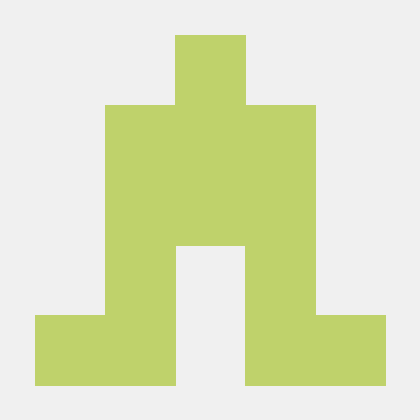Overview of sprints 91, 92
Cardano-Node changes
The default value for PeerSharing configuration option in
cardano-node-10.5.1 will be:
falseif the node is configured as a block producertrueif the node is configured as a relay
We also deprecated cardano-node run command line flag --non-producing-node
in favour of --start-as-non-producing-node.
Chain-Sync
We modified chain-sync timeout implementation. The idle timeout will be
chosen randomly each time chain-sync mini-protocol enters StIdle state,
while before the timeout was fixed during connection lifetime (although it was
still random). This was done to eliminate survivor bias, where long-lived
connections were those which had longer timeouts. Now it should be fairer
for all connections.
Note that this timeout will be triggered due to a suffciently large gap between consecutive blocks, as a result of Cardano's probabilistic schedule.
See PR#4980.
SRV support according to CIP#155
We merged SRV support according to CIP#155, see PR#5131.
PeerSharing in InitiatorOnlyMode
We made it possible to configure PeerSharing on connections which negotiated
InitiatorOnlyDiffusionMode. See (PR#5148, Issue#5124).
Releases
ouroboros-network-0.21.3.0, PR#5162,cardano-node-10.5.1ouroboros-network-0.22.0.0, PR#5154,cardano-node-10.6ouroboros-network-0.22.1.0, PR#5166, PR#1570,cardano-node-10.6(in progress)
Ongoing work
We are currently focused on dmq-node for Mithril (Issue#5117) and testing
the new tx-submission system (Issue#3311)




